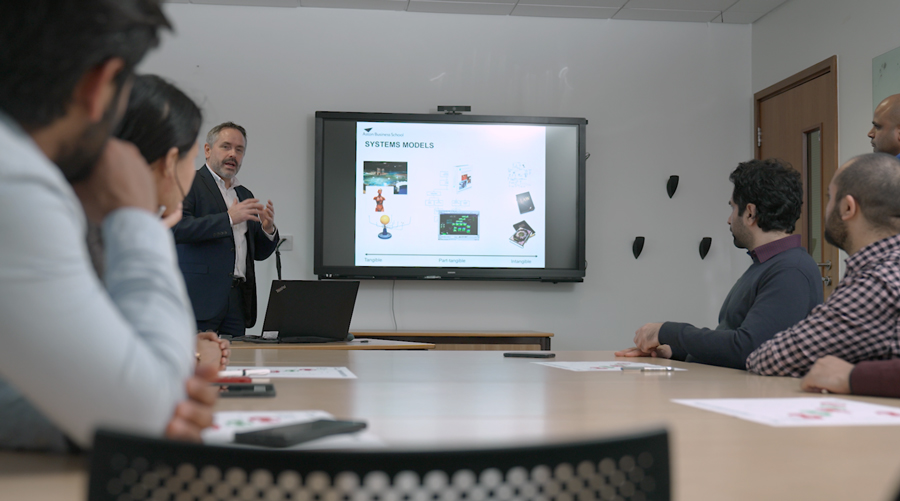A New Report Highlights Challenges in YOIs Education

A comprehensive new report has revealed significant challenges in educational provision at England’s young offender institutions (YOIs) over the past decade. The review, covering 2014 to 2024, outlines a range of issues affecting the quality and accessibility of education for young people aged 15-18 in custody.
Scope of the Report
The report draws on 32 full inspection reports and 5 independent reviews of progress, focusing on four YOIs in England that house adolescents aged 15-18: Cookham Wood in Kent, Feltham A in London, Werrington in Staffordshire, and Wetherby and Keppel Unit in Yorkshire.
Key Findings
The report highlights several areas of concern for these older teenagers:
- Reduced time out of cells, with some 15-18 year olds receiving limited daily access
- Declining educational opportunities and quality for this critical age group
- Challenges in relationships between education providers and YOI leaders
- Ongoing staff shortages and training gaps in dealing with older adolescents
- Difficulties in effective behaviour management of 15-18 year olds
- Fewer work experience and employer engagement opportunities for these young people nearing adulthood
- Underdeveloped strategies to support reading skills for older teens who may have fallen behind
Education Hours and Disruptions
Young people aged 15-18 in YOIs often receive fewer hours of education than intended, sometimes as little as 10-13 hours per week compared to the expected 30 hours. This is particularly concerning given that these adolescents are at a crucial stage of their education and development.
Specific Data Points
Recent surveys indicate that 27% of 15-18 year olds reported receiving less than 2 hours out of their cell on a weekday, rising to 59% at weekends. At Cookham Wood in 2023, 41% of these older adolescents were locked up during the school day, with those in education spending only 3 hours and 45 minutes out of their cells per day during the week.
Behavioural Management Challenges
A trend of separating 15-18 year olds to manage conflict has impacted educational placements. This is particularly problematic for this age group, as they are nearing adulthood and need consistent education and socialization to prepare for life after release.
Quality of Teaching and SEND Support
The quality of teaching has faced challenges in addressing the specific needs of 15-18 year olds, many of whom may have had disrupted education prior to entering YOIs. Support for those with special educational needs and/or disabilities (SEND) was identified as an area needing significant improvement. Data from the Youth Custody Service indicates that typically over half of 15-18 year olds in custody have SEND.
Infrastructure and Resources
Infrastructure and resources were found to be lacking, which is particularly detrimental for this age group as they prepare for further education, training, or employment upon release. Limited access to up-to-date ICT equipment hinders the development of crucial digital skills that these young people will need in the modern workforce.
Stakeholder Perspectives
Education providers expressed frustration with fragmented and unpredictable YOI regimes, which made curriculum planning difficult for this older age group. YOI leaders acknowledged the need for improvement but cited challenges such as staff shortages and high concentrations of violent offenders among the 15-18 year old population.
Recommendations
The report makes several recommendations tailored to the needs of 15-18 year olds:
- Reducing isolation time and improving conflict resolution strategies appropriate for older adolescents
- Prioritising education attendance and enhancing curriculum quality to prepare these young people for adulthood
- Strengthening employer links and work experience opportunities crucial for this age group
- Enhancing reading support strategies for older teens who may have significant gaps in their education
- Improving collaboration between YOI leaders and education providers to better serve this age group
- Investing in infrastructure and resources, particularly in ICT, to prepare 15-18 year olds for the modern workforce
- Providing better training for staff to support the specific needs of older adolescents, including those with SEND
Conclusion
This review underscores the need for continued and concerted efforts to enhance educational provision for 15-18 year olds in YOIs. It emphasises the importance of ensuring that these young people, who are on the cusp of adulthood, receive appropriate support and education to facilitate their future reintegration into society and reduce the likelihood of reoffending.
The findings present a clear challenge to policymakers, YOI leaders, and education providers to work collaboratively in addressing these long-standing issues. As these young people transition into adulthood, providing them with quality education and skills is crucial for breaking the cycle of reoffending and offering genuine opportunities for rehabilitation and personal growth.











Responses